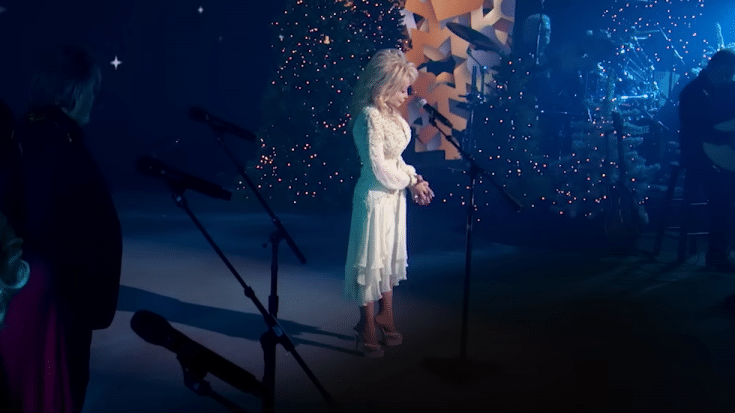The Story Of The Most Controversial Dolly Parton Song Revealed

via Dolly Parton / YouTube
Dolly Parton may be known for her upbeat, feel-good music, but now and then, she isn’t afraid to tackle tough topics. One song in particular, inspired by a personal experience, stirred up quite a bit of controversy, challenging gender double standards and sparking discussions about how women’s pasts are judged differently than men’s.
The Song That Raised Eyebrows: “Just Because I’m a Woman”
In 1968, Parton released “Just Because I’m a Woman” as the title track of her album. The song questions why a woman’s past is scrutinized while men’s actions go unquestioned—a bold message, especially in the conservative 1960s.
Parton later revealed that the song was deeply personal. After she married her husband, he asked about her sexual history, which took her by surprise. She recalled thinking, “Well, my goodness, what’s the big damn deal?” That moment stuck with her, and she poured those emotions into the song.
A Hit Abroad, But Banned at Home
Not everyone was ready for the song’s message. In the U.S., many radio stations refused to play it, limiting its success. But in other countries, “Just Because I’m a Woman” resonated strongly—especially in South Africa, where Parton had a devoted fan base.
Looking back, she found the irony amusing. “All those oppressed women! I found that so amusing because somebody said, ‘Hey, my mistakes are no worse than yours, just because I’m a woman.’”
Dolly and Controversy: Not Her First (or Last) Time
This wasn’t the only time Parton’s music stirred debate. In 1989, she wrote “Eagle When She Flies” as the theme song for Steel Magnolias. When she released it as a single two years later, some radio stations refused to play it, assuming it was linked to the women’s liberation movement.
Despite occasional controversy, Parton has been careful not to alienate fans by taking strong political stances. While she has personal beliefs, she prefers to keep them private. Drawing from past examples like the Dixie Chicks’ backlash, she chooses to focus on uniting her audience rather than dividing them.
“I respect my audience too much for that, I respect myself too much for that. Of course, I have my own opinions, but that don’t mean I got to throw them out there because you’re going to piss off half the people,” she told The Guardian.













